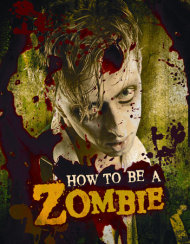
This book is labeled The long-awaited sequel to Legend, but it is, in fact, a prequel. First Chronicles is not the first book in the series. It isn't even the second. However, if you picked up this book, there is little you would miss or would have to wonder about. In other words, you could read this before Legend, if you wanted to read them chronologically, but I wouldn't.
In fact, prior to this, I read The King Beyond the Gate, which was a sequel (or follow-up) to Legend. I was impressed by it enough that I loaned it to my brother and told him to read it now. I wanted someone to talk to about the book. He finally did -- and then turned around and bought the other three book in the series at that time. So I got to read his copies of Legend, and after rereading King, Quest for Lost Heroes, which is farther in the future, and finally Waylander, which is a the earliest in the timeline for all of these, so far, predating Druss's adventures in what are collectively known as the Drenai Saga.
Somehow I moved on to other things and put reading more David Gemmell on the back burner, which is a shame. He passed away several years ago after writing so many other things, not just in this series.
This book takes us back to when Druss was a young man, before he became a Legend. (And the plot of Legend was that he had retired from it long ago and was being called back in -- and had to live up to that status.) You meet his father and learn of his grandfather and the origin of his great axe. The book follows Druss's search for the only woman whom he has ever loved and who loves him, Rowena, after she is kidnapped by raiders along with the rest of the young woman of his village. It's not a shorty story; it's a long journey across the land and the sea and into war to find her and win her back.
It's a satisfying read. There's little magic but there are other fantasy elements, including spirit realms and demons, but the focus is on the men and women. And the axe. Don't forget about the axe.
I actually read this book before some of my earlier entries. When I was catching up, I went through the recently read entries on my e-reader, forgetting that I've had this paperback sitting on a shelf for quite some time. (True story: I started this book during the summer while lounging in the pool, but I switched to magazines which I wouldn't care if they fell into the water.)



